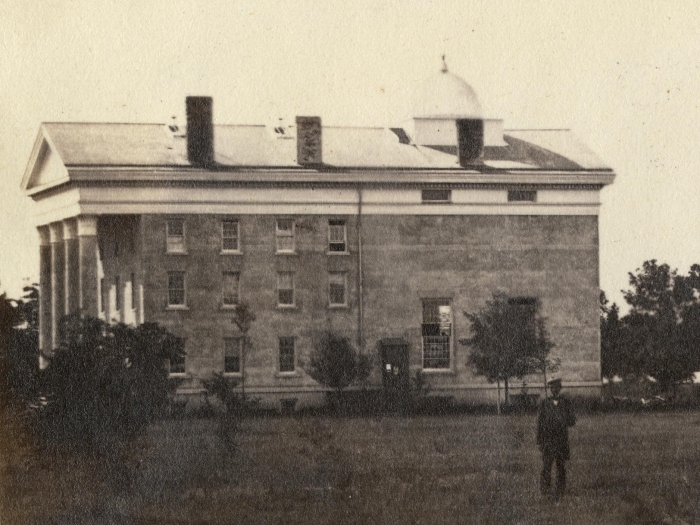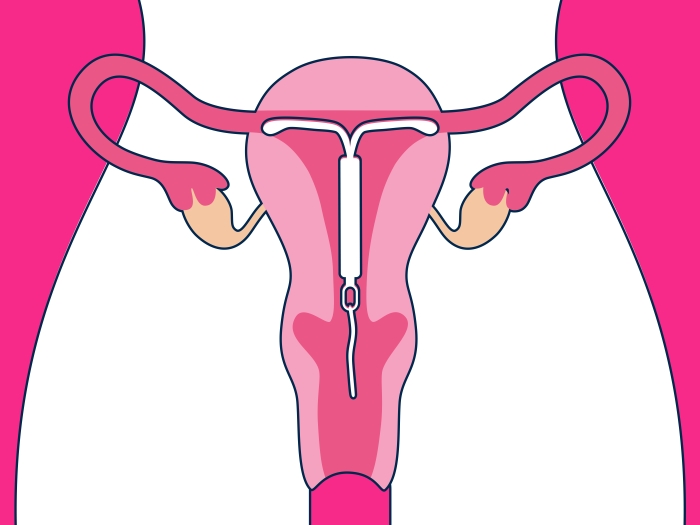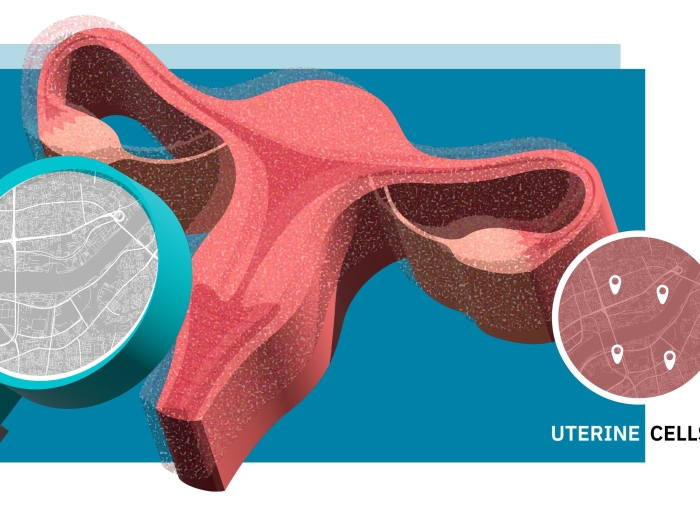-
Education Hub -
Medical Student Programs -
Residency -
Fellowships & Advanced Training Programs -
Cancer Genetics & Breast Health -
Complex Family Planning -
Global Women's Health -
Gynecologic Oncology -
Hospitalist -
Maternal Fetal Medicine -
Minimally Invasive Gynecologic Surgery -
Pediatric & Adolescent Gynecology -
Reproductive Endocrinology & Infertility -
Urogynecology & Pelvic Reconstructive Surgery -
Women's Health
-
-
Opportunities -
Facilities & Spaces
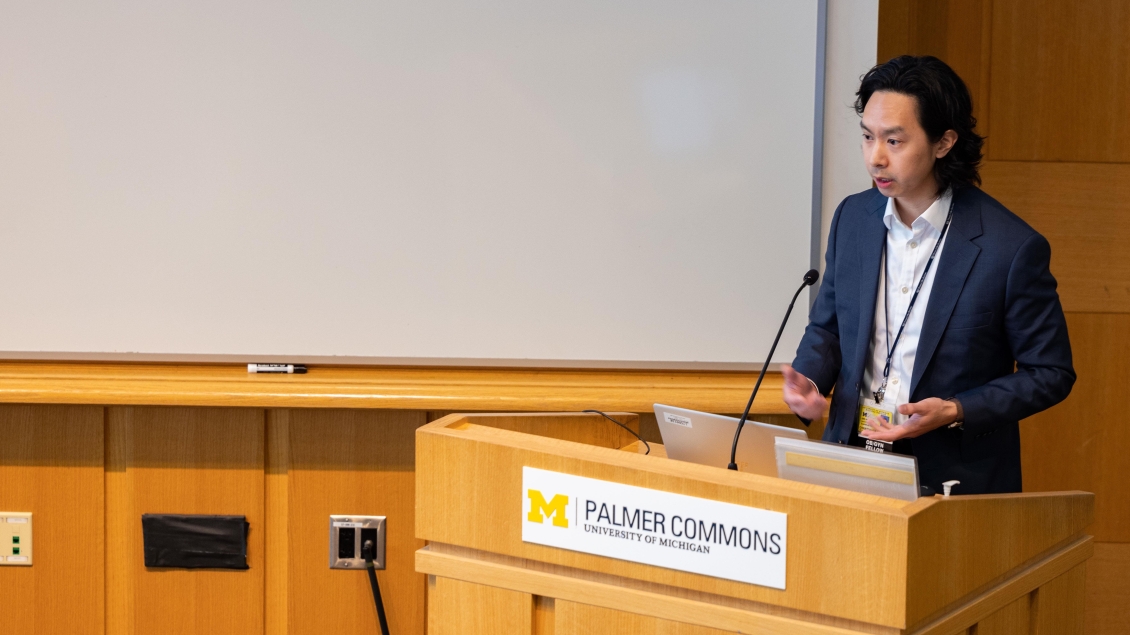
Our goal is to help fellows identify their paths as future leaders in urogynecology and pelvic reconstructive surgery and to provide them with resources for their individual success.
Our program is structured to provide 12 months of research experience and 24 months of clinical training. During this time our fellows engage in high-complexity surgery in a single, coordinated site with robust surgical volume.
Each fellow performs surgery on 150 to 200 patients per year, with 40% of our operations being recurrent disease so that fellows become comfortable with complex surgery. Fellows also receive diverse training in surgery including robotic, laparoscopic, and open surgery, with an emphasis on vaginal methods. To support surgical training, fellows can engage in our advanced simulation center, equipped with multiple training consoles for straight-stick laparoscopy, as well as the entire DaVince SI training system (including docking console, OR table, and mannequin patient) to enhance laparoscopic skills.
Mentorship is at the heart of our program and fellows work alongside distinguished OBGYN and Urology faculty members with outstanding clinical and academic experience who are passionate about teaching fellows in the operating room, clinic, and in research. In addition, we foster a close, collegial environment and collaborate with the Urology program to provide cross-disciplinary training.
Clinical and Surgical Experience: Fellows are trained in a wide variety of clinical settings and specialties and are able to build a diverse set of skills relevant to the field. Our surgical training program includes a large volume of high complexity cases with substantial educational benefits. Our national reputation in gynecologic surgery results in the referral of patients with complex problems that provide ideal learning opportunities. You will rarely see anything after fellowship that you have not seen during training.
- Fellows are not required to cover obstetrical call or non-FPMRS clinics. The fellows take call from home on a rotating basis for service patients and are available to help with calls from other services, such as obstetrics if a bladder injury or difficult perineal laceration could benefit from sub-specialty assistance. In addition, fellows are involved in teaching obstetric care.
- Urology Partnership: U-M Medical School has benefited from a great collaboration between Urology and Gynecology (the first program to be jointly approved for both Gynecology and Urology) and is often considered the exemplar of cooperation. The Neurourology and Pelvic Reconstruction (NPR) fellowship in Urology accepts one urologist per year, and there is extensive interaction between the programs to maximize education for both specialties. Our philosophy is not to train everyone to do everything but to train sub-specialists in each program who are able to handle the most challenging problems that are likely to be referred to them. By spending time on the NPR service, each fellow gets firsthand experience with operations and diagnostic testing that they may not choose to offer, but will need to know about to collaborate in the future. In addition, specialized knowledge such as the management of spinal cord injured patients is maximized.
- The Michigan Bowel Control Program: This is a multidisciplinary program with gynecologists, gastroenterologists, colorectal surgeons, physical therapists, and specialized nurses working together that provides a great opportunity for fellows to gain experience in the management of posterior compartment problems and comprehensive knowledge of the inter-relationship of GI function and gynecologic disease. Experience in this clinic provides a deeper understanding of the clinical aspects of bowel problems. Patients from this clinic frequently undergo concomitant surgical treatments by faculty from Colorectal Surgery and FPMRS, providing the fellows with the opportunity to participate in colorectal procedures.
- Michigan Healthy Healing After Delivery Program: This unique program involves physicians, specialized nurses, social workers, physical therapists, and more to provide comprehensive postpartum care to new mothers. Fellows will learn how to evaluate and manage a multitude of pelvic floor issues in the postpartum period including 3rd- and 4th-degree perineal tears, complications of perineal wound healing, urinary and fecal incontinence, urinary retention, and dyspareunia. Learn more about the Michigan Healthy Healing After Delivery Program.
University of Michigan Female Pelvic Medicine/Reconstructive Surgery Yearly Rotation Schedule
| Year | July | Aug | Sept | Oct | Nov | Dec |
| 1st | Urogyn | Urogyn | Research | Urogyn | Urogyn | MIS |
| 2nd | Graduate Courses | Research | Urogyn | Research | Research | Urogyn |
| 3rd | Elective | Elective | Research | Urology | Urology | Research |
| Year | Jan | Feb | Mar | Apr | May | Jun |
| 1st | Research | Urogyn | Research | Urology | Urology | GI |
| 2nd | MIS | Urology | Urology | Urogyn | Research | Urogyn |
| 3rd | Urogyn | Research | Urogyn | Research | Urogyn | Research |
The active research program here provides ample opportunities for fellow research in areas that interest them. The fellows in our program have established a strong tradition of excellence. Each has completed award-winning projects during fellowship and had productive publication records during training. During the fellowship, each trainee has authored 7 to 11 original scientific peer-review papers, with 4 to 9 of these being first author publications. In addition, they gain firsthand experience in writing review articles and chapters in books.
Fellows will have access to the University of Michigan’s robust research infrastructure, which includes excellent pre- and post-grant award support, as well as a variety of centers and specialized research programs, including:
- Pelvic Floor Research Group: The Pelvic Floor Research Group is an award-winning group of investigators devoted to discovering new insights important to advancing pelvic floor treatment and prevention. Its investigators have received over $20 million dollars in NIH funding over the last 20 years which provides a strong infrastructure for research.
- Michigan Surgical Quality Collaborative (MSQC): Another unique resource available to fellows is access to the Michigan Surgical Quality Collaborative (MSQC), a statewide surgical improvement collaborative that includes over 60 community and academic hospitals across the state. The ongoing database collects data on hysterectomies done in the state of Michigan. With over 500 variables abstracted per hysterectomy case, this database offers ample research opportunities regarding gynecologic surgery as well as experience using a large database.
- Core Teaching Conference: Thursday afternoon is reserved for teaching and service issues. We review all cases for the next week and teach about surgical planning and operative strategy. The fellows take pictures and videos of interesting cases which are reviewed at this time. Topics rotate to include the following each month: topic-specific lecture/book chapters, journal club, quality improvement, and fellows' research "round-up." The latter is an opportunity for fellows to present research ideas and get help with protocol design, abstract writing, presentation preparation, and manuscript development.
- Fellow Didactics: Didactic sessions occur following the core teaching conference on Thursday afternoons. They consist of chapter and literature review following the ABOG guide to learning in FPRMS. The goal is to optimally prepare fellows to understand the existing knowledge and sentinel research studies of our specialty, as well as board examination preparation.
- Didactic Curriculum: The Department is home to 10 Board-certified and non-Board-certified clinical and research fellowships in obstetrics and gynecology. To promote cross-specialty collaboration, all trainees take part in our Didactic Curriculum. These are half-day educational seminars on numerous topics relevant to clinical research and academic leadership. Topics include research design and implementation, identifying funding opportunities, manuscript timelines and preparation, how to be an effective teacher, and employment contracts. In addition, the department sponsors social events for fellows and advanced trainees across all specialties to further encourage collaboration and to help fellows build both a professional and personal network.
- Video and Presentation Skills: Fellows get extensive training in skills both for presenting at postgraduate lectures and national meetings, as well as for producing surgical videos. Check out the videos created by past fellows:
- Native Tissue Anterior Repair: Key Steps for a Successful Outcome. Carolyn Swenson, MD
- What You See is What You Get: The Anatomy of Apical Support. Erin Crosby, MD
- Michigan 4-wall Sacrospinous Ligament Suspension. Kindra Larson, MD
The Department is home to 11 Board-certified and non-Board-certified clinical and research fellowships in obstetrics and gynecology. To promote cross-specialty collaboration, all trainees take part in our didactic curriculum. These are ½ day educational seminars on numerous topics relevant to clinical research and academic leadership.
Topics include research design and implementation, identifying funding opportunities, manuscript timelines and preparation, how to be an effective teacher and employment opportunities. In addition, the department sponsors social events for fellows and advanced trainees across all specialties to further encourage collaboration and to help fellows build both a professional and personal network.
The U-M Medical School Department of Obstetrics and Gynecology is committed to the ongoing development and education of our faculty, staff, and learners. Each year, we provide over 100 CME activities for physicians and healthcare professionals to enhance learning and improve patient outcomes.
Minimum Requirements
- ERAS application
- Personal statement
- Letters of recommendation - a minimum of 3 (ERAS can hold up to 4)
- USMLE/COMLEX scores
- Medical School Transcript
- Photo
We do not review CREOG scores in our assessment of applicants. Score reports are not required.
Application Deadline
The application deadline for an August 2026 start date is Tuesday, January 21, 2025. Invitations will be extended on Monday, February 10, 2025. Virtual interview dates will be Thursday, May 1, 2025, and Thursday, May 8, 2025.
Fellowship applications are accepted via the Electronic Residency Application Service (ERAS).
The University of Michigan offers highly competitive salaries and generous benefits to our fellows and advanced trainees. Trainee salary will be commensurate with that of a House Officer at an equivalent level of training based on the HOA contract.
Current fellows are training to become future leaders in female pelvic medicine and reconstructive surgery. We emphasize teamwork, excellence, and leadership while preparing fellows with the resources to be successful in their careers.
- Christopher Hong, MD
2021-2024 Urogynecology and Reconstructive Pelvic Surgery Fellow
Next Step: Joining the Urogynecology faculty at Michigan Medicine - Whitney Horner, MD
2020-2023 Female Pelvic Medicine and Reconstructive Surgery Fellow
Next Steps: Assistant Professor, University of Washington, Seattle, WA - Mary Duarte Thibault, MD
2019-2022 Female Pelvic Medicine and Reconstructive Surgery Fellow
Next Steps: Baylor College of Medicine
- Payton Schmidt, MD
2018-2021 Female Pelvic Medicine and Reconstructive Surgery Fellow
Next Steps: Michigan Medicine - Caroline Cox, MD
2017-2020 Female Pelvic Medicine and Reconstructive Surgery Fellow
Next Steps: Penn Medicine
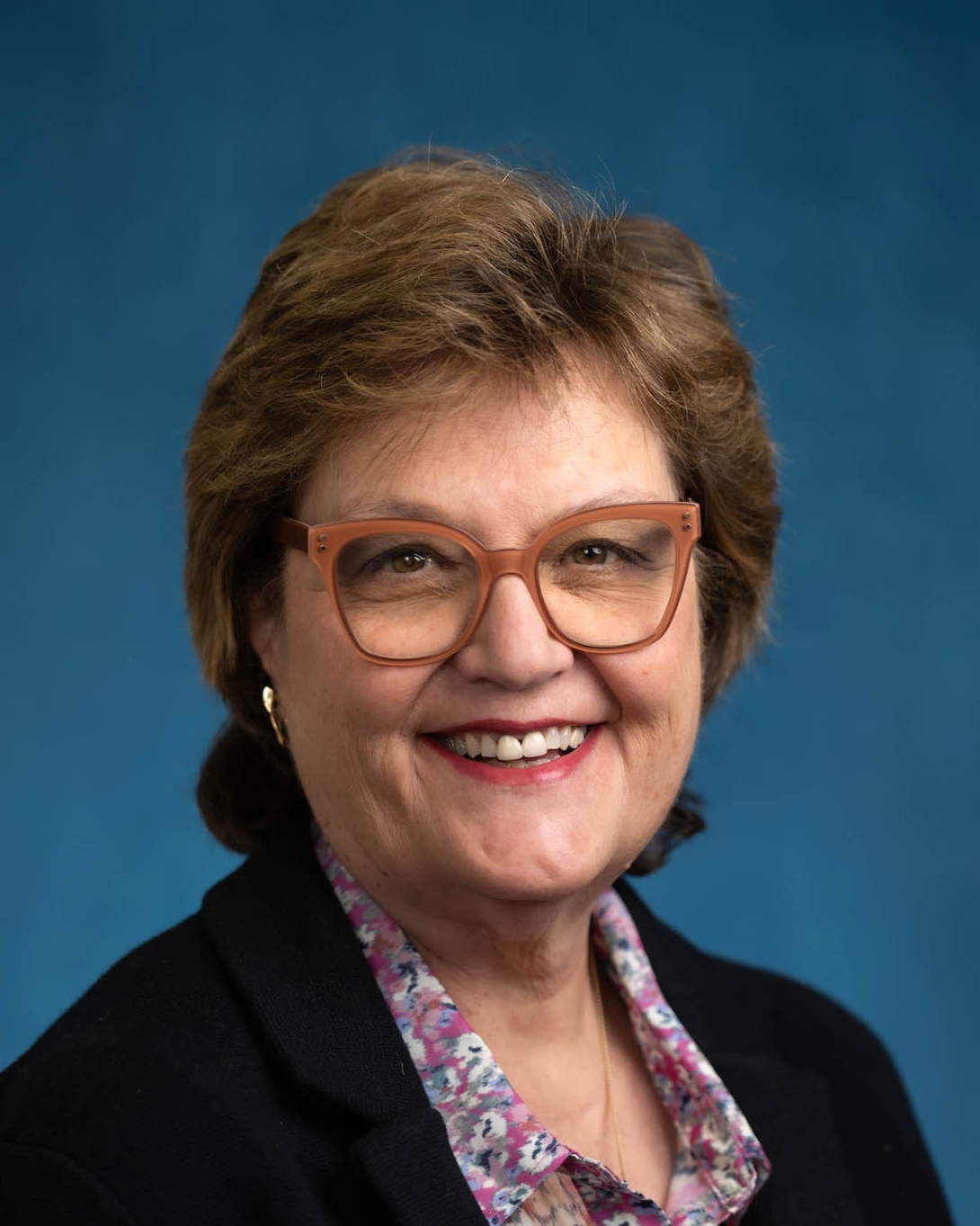
Chair, Department of Obstetrics and Gynecology
Professor of Obstetrics and Gynecology
Professor of Urology
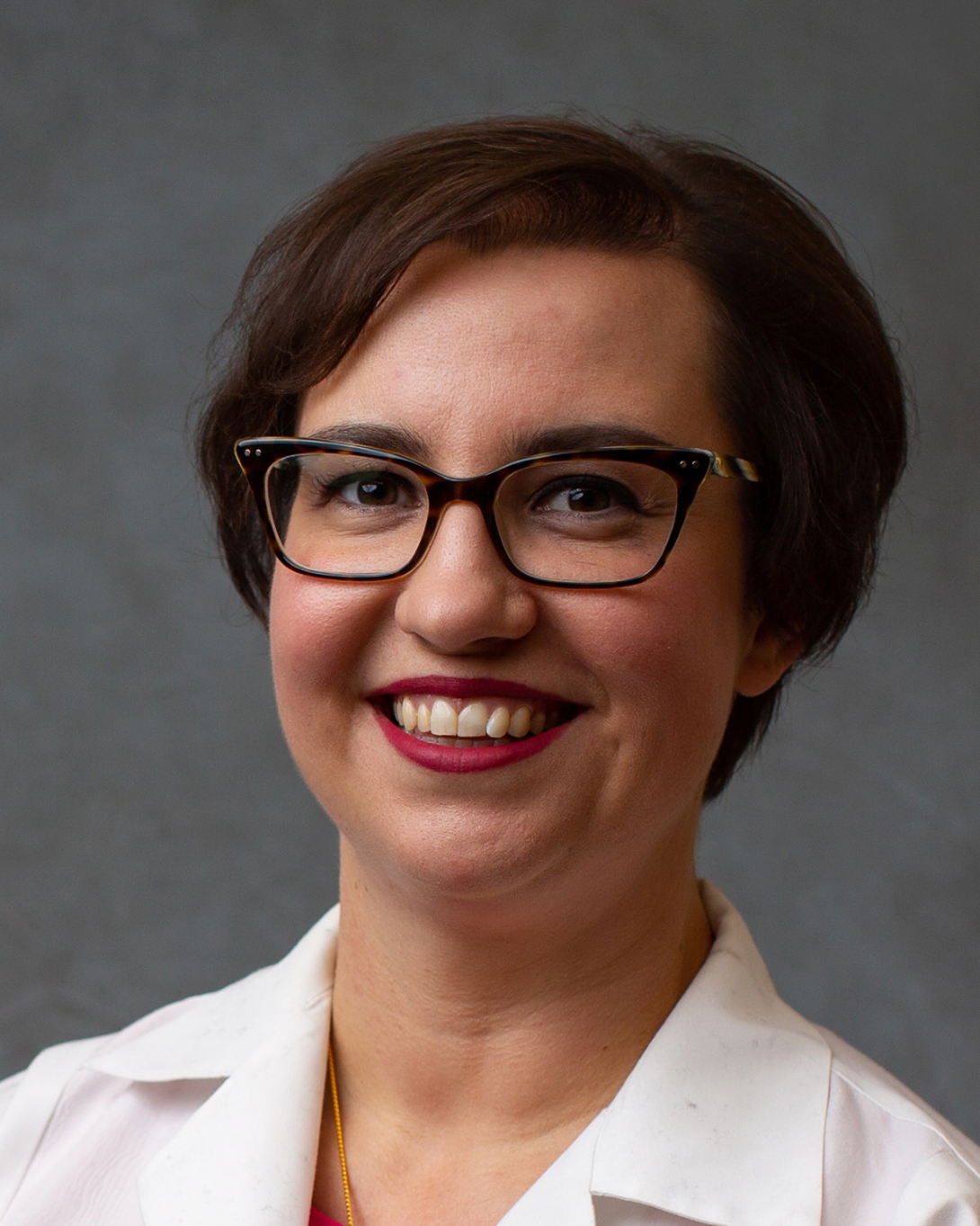
Program Director, Female Pelvic Medicine and Reconstructive Surgery Fellowship
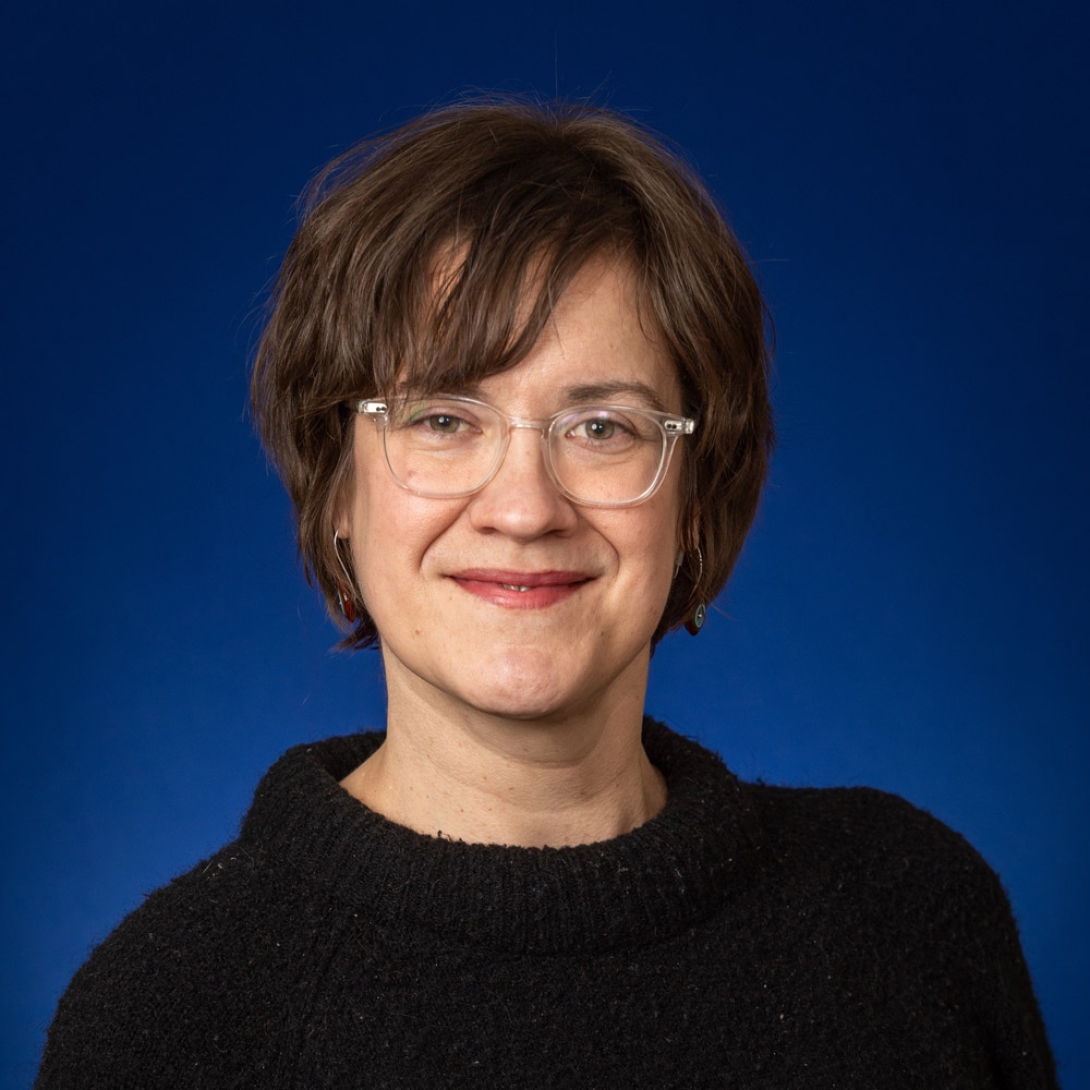
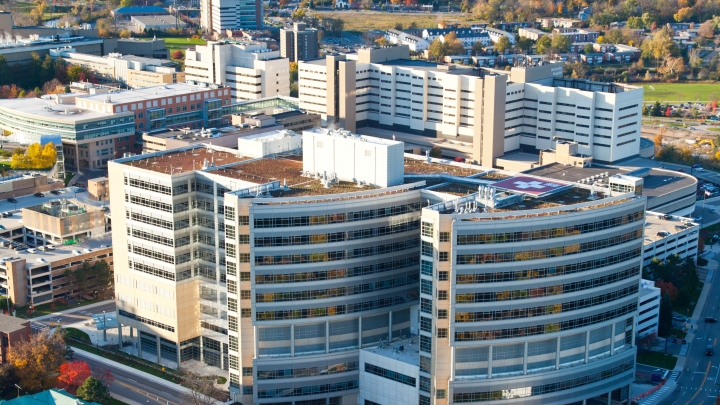
Nationally-recognized physicians provide patients with a full spectrum of pregnancy and childbirth care, as well as gynecologic care before and after pregnancy. For high-risk pregnancies, U-M Medical School’s Fetal Diagnosis and Treatment Center offers comprehensive fetal services, utilizing the latest technological advances in diagnostics, minimally invasive surgeries and open surgeries.

We find a new reason to love Ann Arbor nearly every day — year-round outdoor activities, cultural experiences, a growing food scene, and a welcoming, family-friendly atmosphere are just a few that come to mind. Explore all that Ann Arbor and our surrounding communities have to offer.
